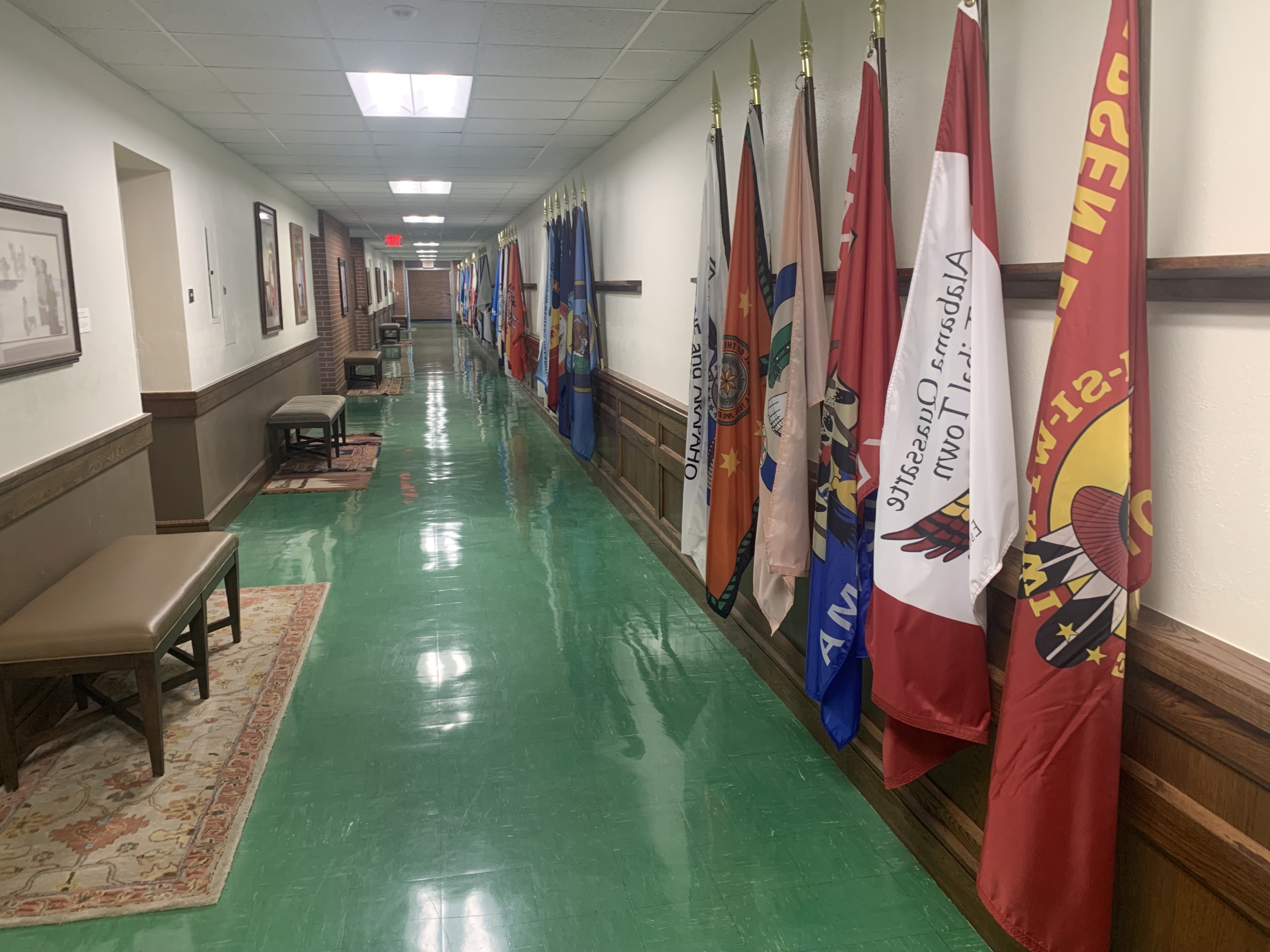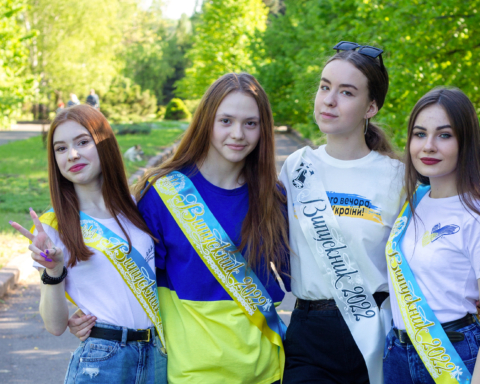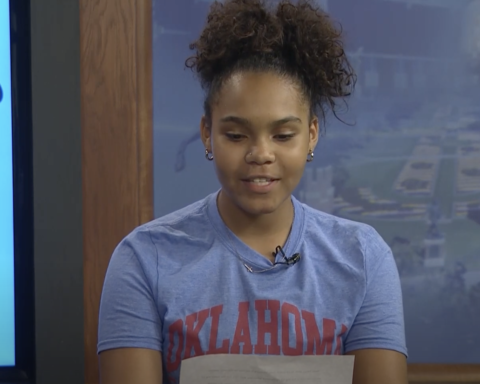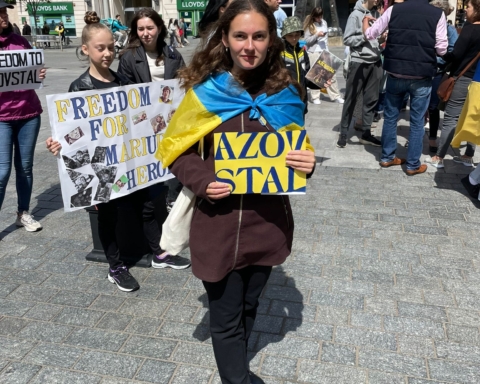By Cate Slabotsky, Bethany High School
With its recent landmark rulings, the Supreme Court is a hot topic of discussion. One ruling in particular sparking controversy in Oklahoma is the court’s 5-4 ruling on Castro-Huerta v. Oklahoma. This decision by the conservative majority grants greater power to state governments by allowing them to prosecute non-Native Americans for crimes committed on tribal land.
Described by The Nation as “a bizarre and horrifying decision,” some view this ruling as a step in the wrong direction. To many it comes off as a power grab, one of possibly multiple rulings that target tribal autonomy. But is this ruling truly as impactful as some are making it seem?
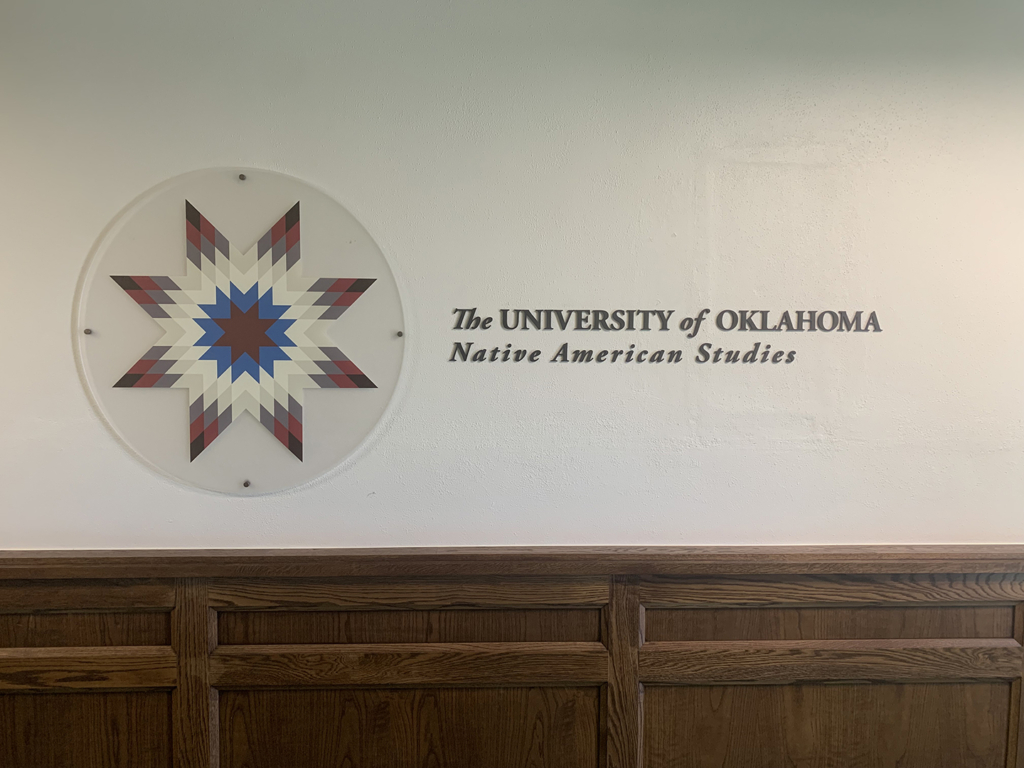
For Ken Gallon, an Oklahoma attorney with over 21 years of experience and a history of working with Native American clients, the answer is a resounding yes.
“The American government has done a great tragedy to all Native Americans… With the ruling that the Supreme Court just gave, I mean they take away that right of the tribes, of the Native Americans to decide their own fate,” Gallon said.
This ruling seemingly goes against a previous decision by the court, made in 2020 in McGirt v. Oklahoma, in which it was established that states could not prosecute Jimcy McGirt, a Native American man, for violent crimes he committed on reservation land. Rather, the court ruled the prosecution had to be carried out by tribal or federal authorities.
“To represent Native Americans in the state of Oklahoma and for the Supreme Court to go out of their way to violate their rights. I mean, it’s just unbelievable to me.”
Gallon added that the court’s opinion disregarded previous rulings.
“Past cases can clearly speak to what the Native Americans’ rights are and the way to handle this case, and they (the Court) totally ignored three or four different cases that told them exactly what to do.”
As for how these rulings relate, the crimes committed by Victor Manuel Castro-Huerta occurred on reservation land, and the victim was a member of the Eastern Band of Cherokee. In 2015 Castro-Huerta was initially prosecuted by the state of Oklahoma for child neglect and sentenced to 35 years. However, the Oklahoma Court of Criminal Appeals later argued that due to the Supreme Court’s new ruling regarding McGirt the state no longer had the right to try Castro-Huerta for his crimes because they occurred on tribal land, and as a result, his sentence was initially vacated.
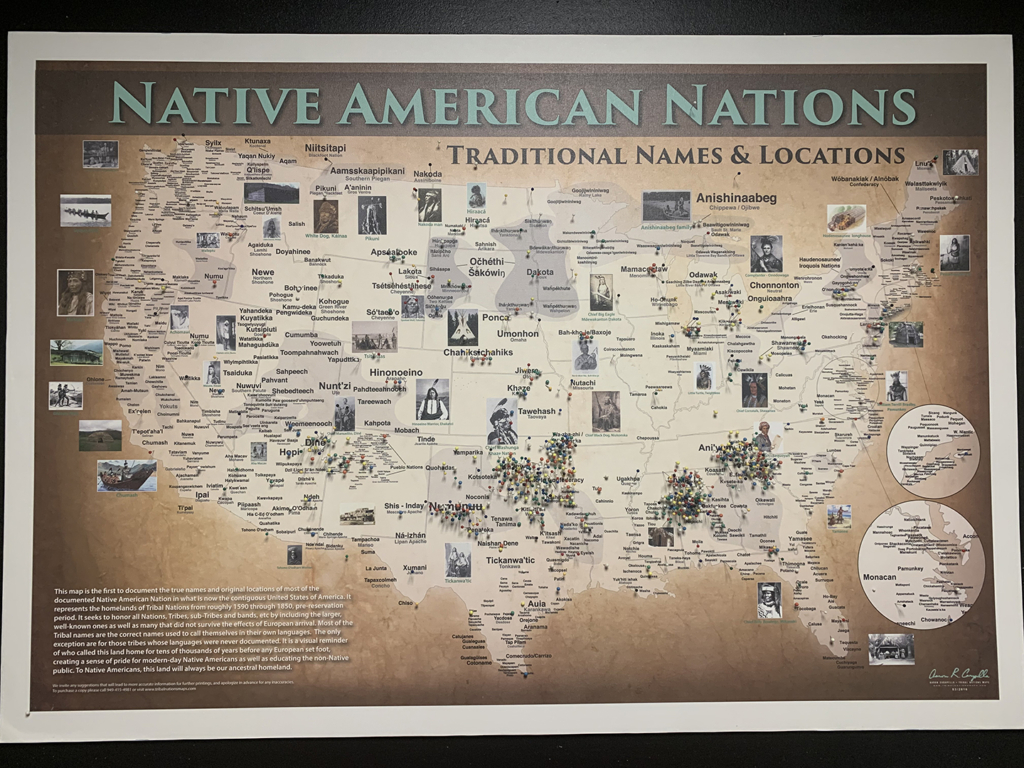
Castro-Huerta was later prosecuted by a federal grand jury and accepted a plea agreement for a 7-year sentence followed by deportation from the United States.
However, it was argued that the McGirt decision shouldn’t affect Castro-Huerta’s case. While the crimes committed by Castro-Huerta occurred on Tribal land, Castro-Huerta himself is not Native American. Earlier rulings such as McGirt only discuss tribal and federal authority regarding cases in which the offender was also Native. So, although the crime occurred on tribal land and the victim was Native, because Huerta himself was not, questions arose as to who really had authority in this case.
According to an article from the National Association of Attorneys General, when the case reached the Supreme Court, the justices decided that because Castro-Huerta was not Native, the state could prosecute him, therefore establishing states’ rights to prosecute any non-Natives for crimes committed on Native land even if the victims of those crimes are Native.
Gallon believes the decision erodes tribal sovereignty.
“I believe that the tribes have sovereignty and should decide these things themselves.”
Regarding criticisms of some cases going un prosecuted by tribes in the past, Gallon said he thinks the tribes just weren’t ready for it.
“(McGirt) It took them a while to put in the infrastructure, the judges, the courts, everything to deal with this… We don’t see that now. Whenever there’s a case that comes up that’s clearly handled.”
Some think that this ruling will impact reports on crimes committed on tribal land, and reports of crime from Native Americans. While there is a long standing distrust between many Native American communities and state governments it is unclear whether the Castro-Huerta decision will impact reports on crime.
Generally speaking, Gallon stressed the history between the states and the tribes that can’t be ignored. The years of abuse many tribes have faced at the hands of state governments isn’t irrelevant to this ruling. Also, he worries about what precedent has been set with this decision and what it says about tribal sovereignty going forward.
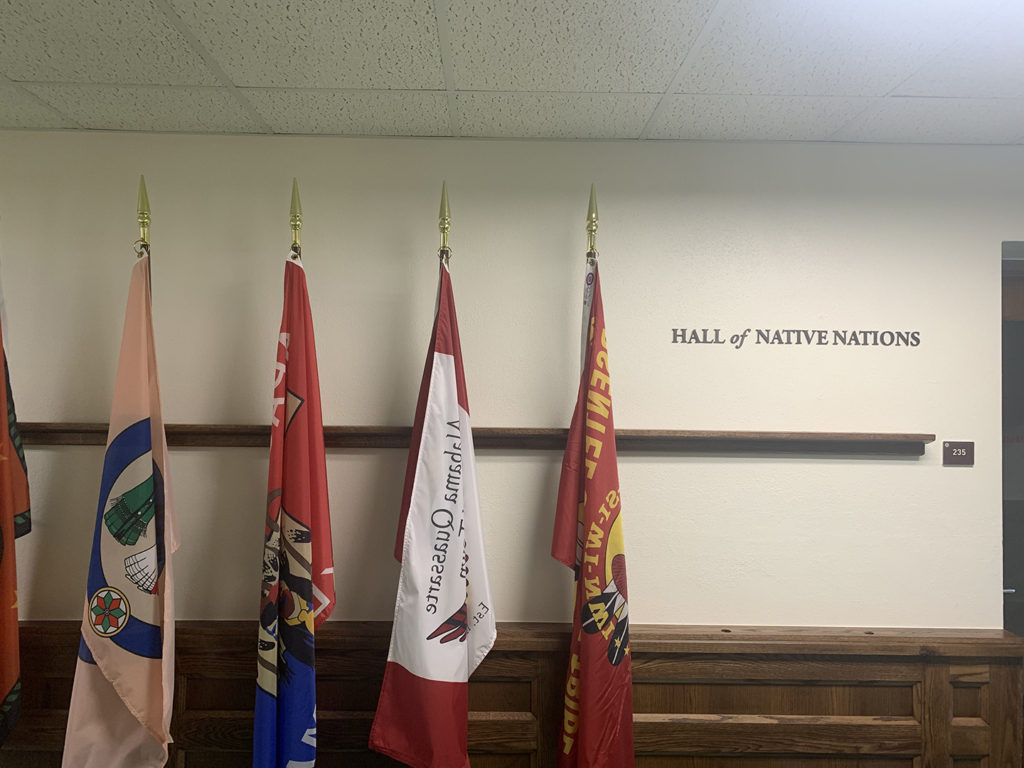
However, for Andrew Casey an Oklahoma defense attorney with his own experience advocating for Native American issues, the landscape following this decision is more complicated.
When it comes to the Supreme Court’s ruling, Casey found it unexpected.
“The Castro decision was very unpredictable. As a matter of case law, like if you had analyzed all the case law from the 1830s, you most likely would not have interpreted that there would have been a 5-4 decision that went out this way. There was just a very massive departure and frankly, at times, I think that it was a poorly written opinion.”
While Casey agrees with Gallon that this ruling disregarded precedent, he differs in his belief on just how it affects tribal sovereignty.
“I personally am not of the opinion that it limited tribal autonomy quite the way that we’ve seen in that type of academic backlash, because, in reality you know, we’re talking about the recognition of current jurisdiction… I don’t see the decision to be in practicality or in effect, a giant loss as far as how tribal rights go.“
Casey responded specifically on whether distrust between Native people and local law enforcement would lead to a decrease in reports of crime.
“Do I think that it can occur? Sure. Do I think that it’s a reasonable criticism of the Castro-Huerta decision? Absolutely not.”
Casey explained that prior to McGirt, a mere 23 months ago, Native Americans were only reporting crime to state governments, and that while that was changed for a short time, the change wasn’t drastic enough to dramatically impact tribes as they go back to systems similar to pre McGirt. Regardless he said this ruling doesn’t give him positive feelings toward this court.
“I think that the Castro-Huerta decision produces numerous concerns about the future of tribal sovereignty with this Supreme Court. But the direct effects of Castro-Huerta being destructive towards tribal sovereignty are over exaggerated.”
Generally, while the ruling on Castro-Huerta is controversial, most professionals would agree this decision sets a precedent for the Supreme Court in the future. To what degree this decision is alarming varies, however it’s accurate to say that this case hasn’t drastically reduced tribal rights, but it raises question as to what is to become of those rights in the future.

